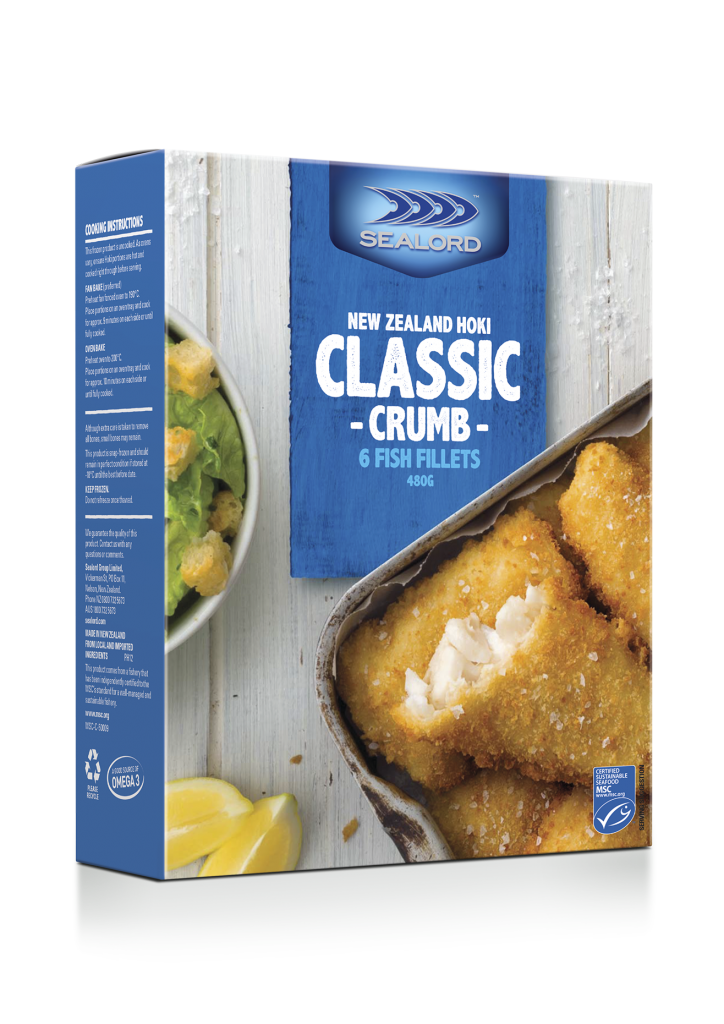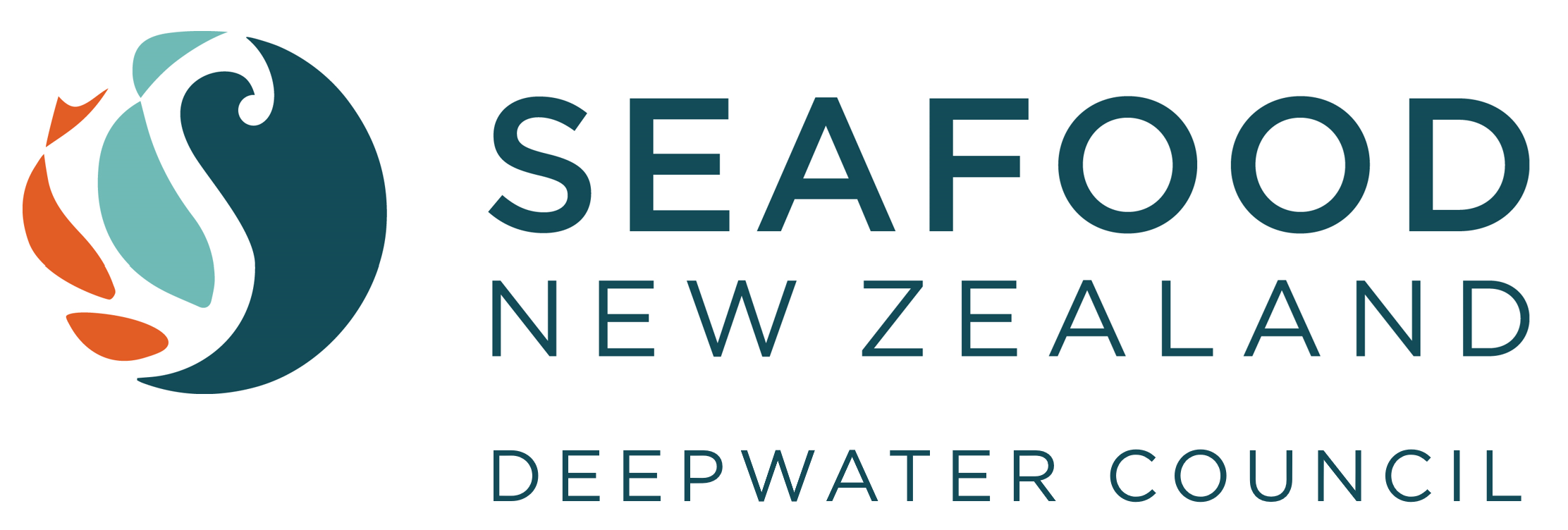MSC making changes
Published: 21 February 2018
The Marine Stewardship Council (MSC) is constantly reviewing and refining its standards and certification requirements. Deepwater Group is an active participant in these reviews and, alongside others from MSC-certified fisheries, is focussed on ensuring any changes are backed by science and work in the real world to support achievable sustainability outcomes.
In January, the MSC Trust Board approved a change to the Unit of Assessment (UoA) that requires all fishing activities in a single trip on the certified fish stock meet MSC’s standard for sustainable fishing.
Up until now, in some fisheries, vessels have targeted both certified and non-certified catch from the same fish stock during a single trip. For example, in the PNA skipjack tuna fishery, purse seiners catch certified skipjack from free schools and non-certified skipjack from fish aggregation devices during the same trip.
The changing requirements, which come into effect in 2019, will require both methods to be certified or the fish caught in separate trips.
MSC’s decision to redefine the UoA was made after extensive consultation, with more than 50 groups and many arguments, both for and against the proposed changes, considered.
Deepwater Group Chief Executive George Clement said the new requirements will not greatly affect how we harvest the New Zealand MSC-certified fisheries as, for the most part, the entire fish stock is certified in New Zealand fisheries, not only a portion of it as is the case for skipjack.
New Zealand has 21 deepwater and two highly migratory fisheries certified under the MSC programme, which collectively produce around 200,000 tonnes of seafood annually.
“This amounts to fifty percent of New Zealand’s wild caught seafood being independently assessed as being sustainably managed, providing rigorous independent assurances of the sustainability of these fisheries. This is good for the marine environment, good for consumers and good for the New Zealand economy,” said Clement.

New Zealand hoki MSC certified since 2001 © Sealord
